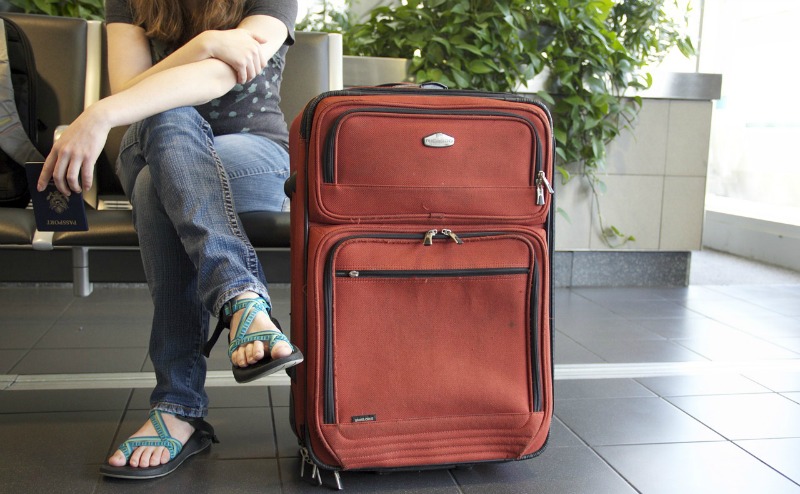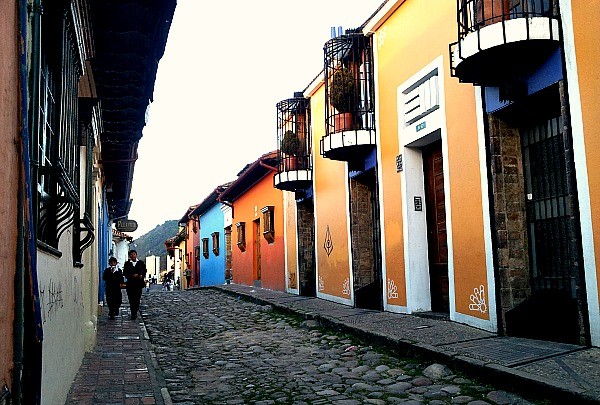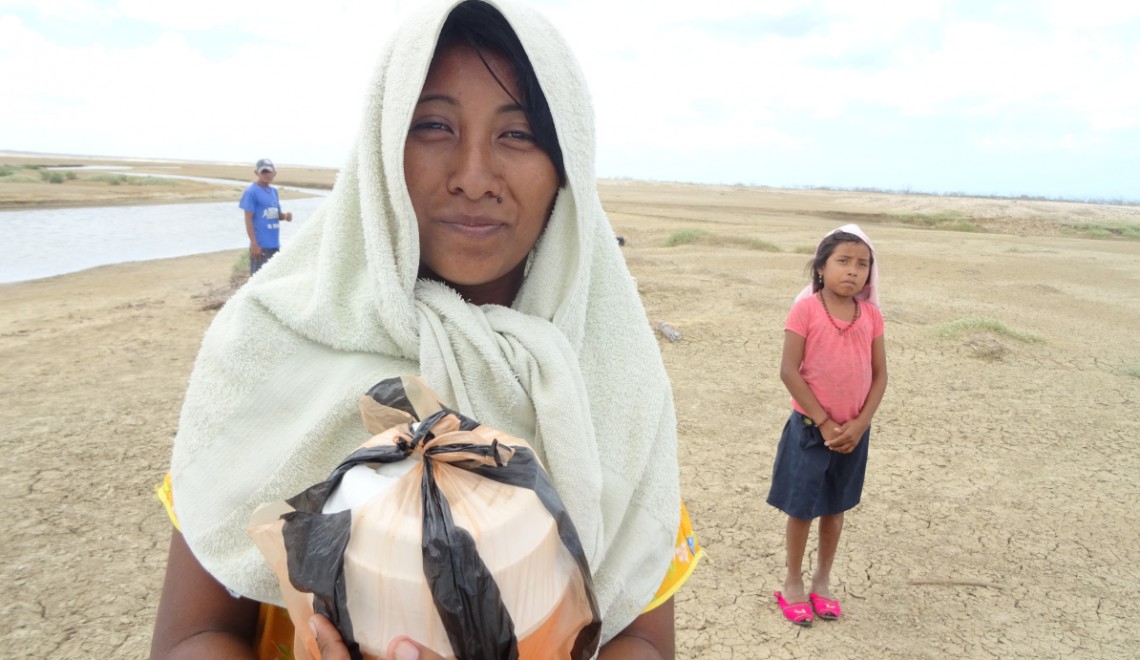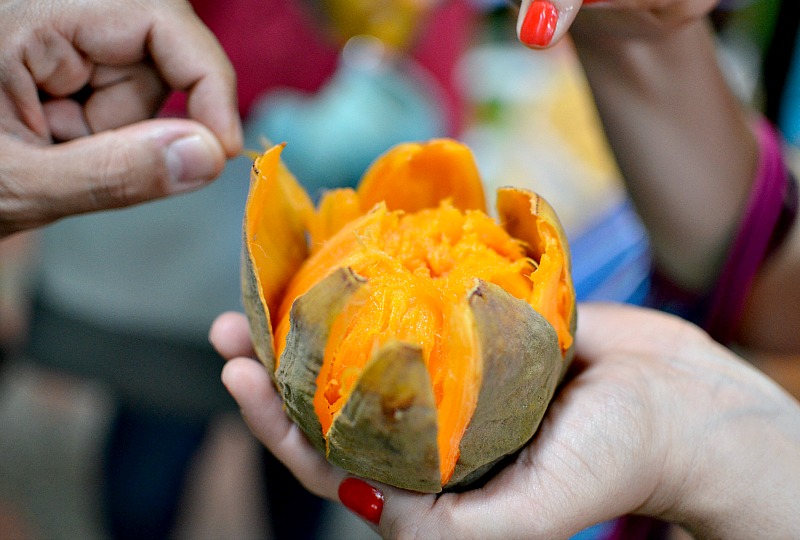
Image: katyveldhorst/pixabay
Before travelling to any new destination abroad, it’s definitely worth doing some research and seeing whether any vaccinations and immunisations are suggested before you take off.
I’m organising a trip to Colombia at the moment and it dawned on me that I hadn’t really thought much about which vaccinations to get before heading away.
I’ve been doing some research, though, and I thought it only fair to share the knowledge around. So this is what I’ve found so far. Of course, be sure to consult your own travel doctor or medical professional before taking my advice, this is just a guide and I am certainly no health expert. But here we go, here’s what I’ve found out so far.
1. Visit your local practitioner or travel doctor
If I’m heading overseas for a while, I generally like to make an appointment to see my local travel doctor and see what kind of advice and suggestions they have for me. They have a lot of know-how about specific regions and countries around the world, so if you’re unsure of what to do, make an appointment and get some advice from the professionals.
2. Make sure all your regular immunisations are up to date
Now is a good time to make sure that all your immunisations and vaccinations are up to date, including things like Hepatitis A/B, measles and mumps.
3. Yellow Fever shots
According to the Australian Department of Health, they strongly recommend getting a Yellow Fever shot before travelling to any Yellow Fever-declared countries, including Colombia. It’s not compulsory, but once the traveller returns to Australia they will be issued with a Yellow Fever Action Card, which outlines what to do should you start displaying any of the symptoms.
4. Malaria
While there is reportedly a low risk of contracting Malaria while you travel Colombia, it is something to think about, especially if you are heading into the jungles and doing some trekking while you’re in the country. I got some nasty insect bites while I was in Colombia last time and did spend a very uneventful day in the hospital. You really can’t be too careful, because unexpected occurrences do happen, and it’s best to be prepared. Medication called antimalarials can be taken to prevent or treat Malaria while you’re away.
5. Typhoid
Typhoid is transmitted through contaminated food and water. Of course the risk of contracting typhoid is higher when you’re in areas where adequate sanitation is limited. Be sure to boil your water when you can, or drink bottled water while you’re in rural areas.
6. Tetanus
Tetanus is spread through cuts and wounds with tetanus spores which can be found in the soil. Tetanus can can be contracted worldwide.
7. Rabies
Rabies is transmitted through the saliva of infected animals like dogs, and while there are quite a lot of street dogs in some areas of the country, I’d guess that the chances of you getting bitten by one are pretty low.
Other health advice for when you travel Colombia:
- It sounds like a no-brainer, but make sure that you have adequate health insurance coverage while you’re away. Make sure you check the specifics of your coverage, too. Will you be doing adventure activities and will you be covered if injury occurs during one of those activities? Check the specifics
- Who would you contact in an emergency? There isn’t a 911 or 000 service in Colombia, so, if you do find yourself in an emergency you can call the local police department on 1-1-2 or 1-2-3 while you’re in Medellin, Bogota or Cucuta. There is reportedly something called the Tourist Police, too, and they can be contacted on (571) 337-4413 – 243-1175
- Drinking water: You can drink water straight out of the tap in most bigger cities in Colombia, but in smaller rural areas, or if you are particularly sensitive, you can buy bottled water or just be sure to boil your water before consumption
Do you have any other health tips for people looking to travel Colombia? Be sure to share your advice and experiences with us in the comments section below.







I had high-sickness when I arrived in Bogotà. I was feeling very low blood pressure, headache, diziness, nausea. I drank a lot of water and head a sancocho for dinner and it gone after 2 days! (I suggest everybody to consider a little bit of high sickness when u arrive in Bogotà)
Such a great tip, Roberta. Luckily I didn’t experience altitude sickness when I was in Bogota. I felt out of breath a lot quicker but that was about it. Good thing to keep in mind though!
I haven’t been to any South American countries before, but I’d definitely be sure to get some vaccinations before I did. Having a nice list to start with, like the one you provided, is pretty nice, though. I didn’t know that typhoid was still a health risk, since I haven’t heard any cases of it where I am, but it’s good to know so you can protect yourself accordingly. Thanks for the article!